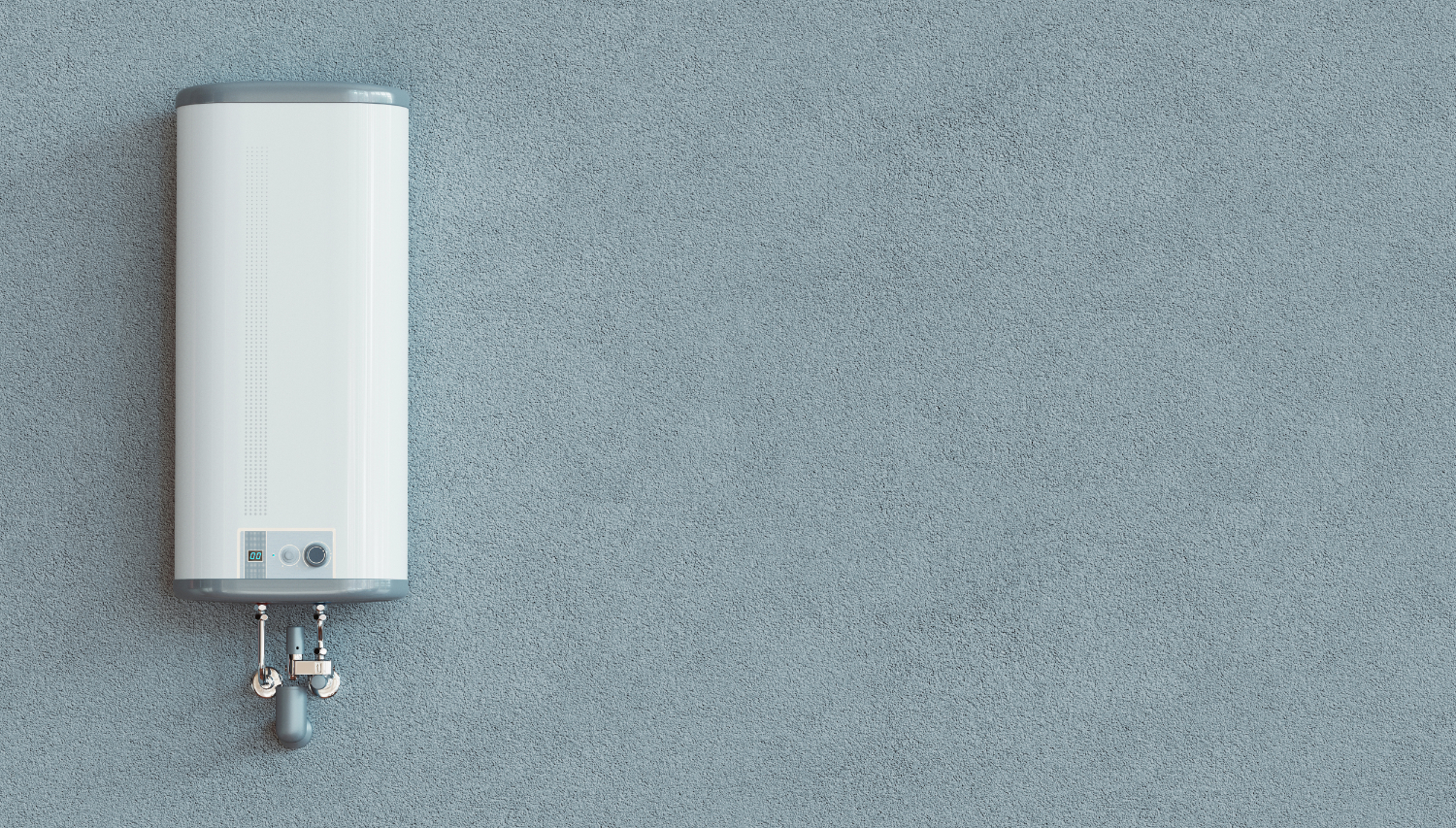Maintaining a well-functioning water heater is crucial for any home in Des Moines. A reliable supply of hot water is essential for daily activities such as showering, cooking, and cleaning. Over time, however, many homeowners may encounter a common issue affecting their water heaters: sediment buildup. This problem can lead to a range of negative consequences, including reduced efficiency and increased energy costs.
Sediment buildup occurs when minerals, primarily calcium and magnesium, accumulate at the bottom of the water heater tank. In Des Moines, where water hardness can vary, this situation becomes a common concern for residents. The presence of sediment in your water heater can cause a series of operational issues, leading to inconveniences that many would prefer to avoid.
What Causes Sediment Buildup in Water Heaters?
Sediment buildup primarily results from the minerals present in hard water. As water heated in the tank cools, these minerals settle at the bottom, creating layers of sediment. Over time, the accumulation becomes more significant, causing various issues within the water heater.
As these mineral deposits grow, they form a barrier between the heating elements and the water, which forces the heater to work harder to maintain the desired temperature. This increased strain can lead to reduced efficiency and higher energy bills, as the system consumes more power to perform its basic functions. Without proper attention, sediment can also contribute to unexpected breakdowns or the need for premature replacement of the water heater.
Recognizing and addressing sediment buildup early can save homeowners in Des Moines from unnecessary headaches and expenses. It’s essential to understand the process that leads to sediment accumulation to take proactive steps in managing it effectively. By having a clear understanding of what causes this issue, homeowners can better maintain their water heaters and ensure long-term efficiency and performance.
Signs of Sediment Buildup in Your Water Heater
Identifying the signs of sediment buildup can prevent extensive damage to your water heater. Homeowners in Des Moines should be attentive to several indicators that might suggest their water heater is struggling with sediment.
– Decreased Hot Water Supply: A noticeable reduction in hot water volume can indicate sediment filling up space in the tank. This results in less water being heated and available for use.
– Strange Noises: Popping or rumbling sounds are often caused by steam bubbles escaping when water is heated beneath the sediment layer. These noises suggest an accumulation of deposits at the tank’s bottom.
– Fluctuating Water Temperatures: If you experience inconsistent temperatures, sediment might be interfering with the heater’s ability to provide constant warmth, leading to sudden changes in water temperature.
– Higher Energy Bills: Increased power consumption without additional hot water usage could mean the water heater is working harder due to sediment buildup.
– Visible Rust or Sediment in Water: Discolored water or visible particles can indicate that sediment has permeated the tank, warranting attention to prevent further issues.
How Sediment Buildup Affects Your Water Heater
Sediment accumulation directly impacts the performance and lifespan of your water heater. As the sediment thickens, the heating elements must work harder, reducing efficiency and increasing energy costs. This added strain can also lead to a shorter lifespan for the appliance, as the components endure greater wear and tear.
Additionally, sediment can cause the water heater to overheat. The insulating effect of the sediment layer often leads to overheating, posing a risk to the integrity of the tank and potentially resulting in leaks or failure. By recognizing these implications, homeowners can better appreciate why addressing sediment buildup promptly is essential.
Preventing and Addressing Sediment Buildup
To safeguard your water heater from the issues associated with sediment, regular maintenance is key. Scheduling routine inspections and flush-outs can effectively minimize sediment deposits, maintaining the heater’s function and efficiency. This not only extends the life of the appliance but also ensures continued access to a reliable hot water supply.
Homeowners should also consider water softening solutions. Water softeners help reduce mineral content in the water, decreasing sediment formation. For those uncertain about managing this task or dealing with more severe cases, our professionals can provide the necessary expertise and tools to handle sediment issues comprehensively.
Ensuring Longevity and Efficiency of Water Heaters in Des Moines
Understanding the causes and signs of sediment buildup empowers homeowners to take proactive steps in maintaining their water heaters. By adopting regular maintenance practices and seeking professional assistance when needed, residents of Des Moines can ensure their water heaters function smoothly for years to come. This vigilance not only prevents inconveniences and saves money but also enhances the overall comfort and efficiency of the home.
If you are ready to maintain your system with confidence, take a proactive step to safeguard your setup. Routine maintenance not only helps keep your tank free of buildup but also supports a consistent hot water supply when you need it. At True Comfort LLC, we know how challenging it can be to keep your equipment running smoothly, especially when issues like sediment buildup affect performance. Learn more about maintaining your water heaters in Des Moines and avoid unexpected breakdowns by having our professionals inspect your system. For a quick estimate or to book a service visit, please contact us today.

